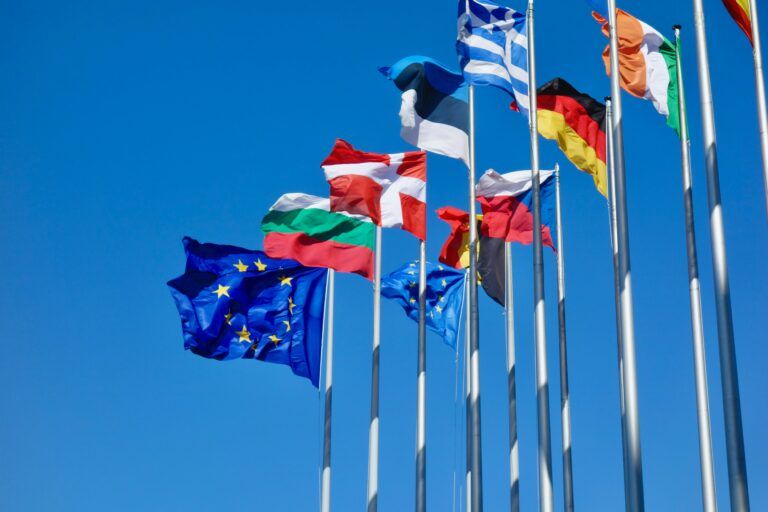(Brussels, February 27, 2024) – The European Union’s 27 member states should act quickly to adopt the pathbreaking Environmental Crimes Directive passed by the European Parliament today, Climate Rights International said. Upon adoption, the EU will become the first regional inter-governmental body to criminalize cases of egregious and wide-scale destruction of the natural environment “comparable to ecocide.”
After exhaustive negotiations, on November 16, 2023 the European Commission, EU Council, and Parliament reached a consensus on the Directive. The Directive substantially broadens the scope of environmental offenses subject to criminal prosecution under EU law. Crucially, the Directive introduces a provision targeting the serious environmental crimes, defined as those causing irreversible or long-lasting destruction to significant ecosystems, habitats within protected sites, or the quality of air, soil, or water.
“Once adopted, the EU’s Environmental Crimes Directive will set a new standard to protect the environment from irreversible or long-term harm while holding individuals and companies criminally accountable,” said Lotte Leicht, Advocacy Director at Climate Rights International. “Conduct causing large-scale devastation of the natural environment is a serious crime with grave impact on the health of our planet, climate change, and the human rights of present and future generations. Those responsible for such acts should face serious consequences.”
As the world grapples with an escalating triple planetary crisis of mass pollution, biodiversity breakdown, and climate change, environmental crimes constitute the fourth-largest category of criminal activity in the world, according to a joint Interpol and United Nations Environmental Program estimate.
The Directive adds a number of new environmental offenses, including on critical issues such as timber trafficking, import and use of mercury and fluorinated greenhouse gases, illegal water resource depletion, and illicit recycling of pollutant-laden ship components. It requires EU states to provide specialized training and resources for their national police, prosecutors, and judges to ensure effective implementation.
The Directive is aimed at deterring grave environmental crimes and advancing accountability and justice for violations. As the Directive says, “Considering that the impact of environmental crime affects also fundamental rights, the fight against environmental crime at Union level is crucial to ensure the protection of these rights.” While the new EU Directive does not explicitly use the term “ecocide,” it effectively covers the crime as defined by an Independent Expert Panel to include “unlawful or wanton acts committed with knowledge that there is a substantial likelihood of severe and either widespread or long-term damage to the environment being caused by those acts.”
In a related and important development, on February 23 the Belgian Federal Parliament adopted a new penal code that includes the crime of ecocide as an international crime alongside war crimes, crimes against humanity, genocide and the crime of aggression. The Belgian legislators defined ecocide along the lines of a proposal made by an Independent Expert Panel. Similar to the EU Environmental Crimes Directive, Belgium’s new penal code extends responsibility for environmental crimes to both natural and legal persons, with penalties of up to 20 years imprisonment and substantial fines.
While the new Belgian Penal Code is limited in scope as it only covers areas under Federal jurisdiction, such as the North Sea and nuclear waste management, it is an important step forward that should be followed by other EU states.
“Belgium is a trailblazer in establishing the crime of ecocide,” Leicht said. “As the current holder of the EU Presidency, Belgium should rally other EU states to elevate ecocide to the status of an international crime under the jurisdiction of the International Criminal Court, alongside war crimes, crimes against humanity, genocide and the crime of aggression.”
Photo Credit: Photo by Antoine Schibler via Unsplash.







